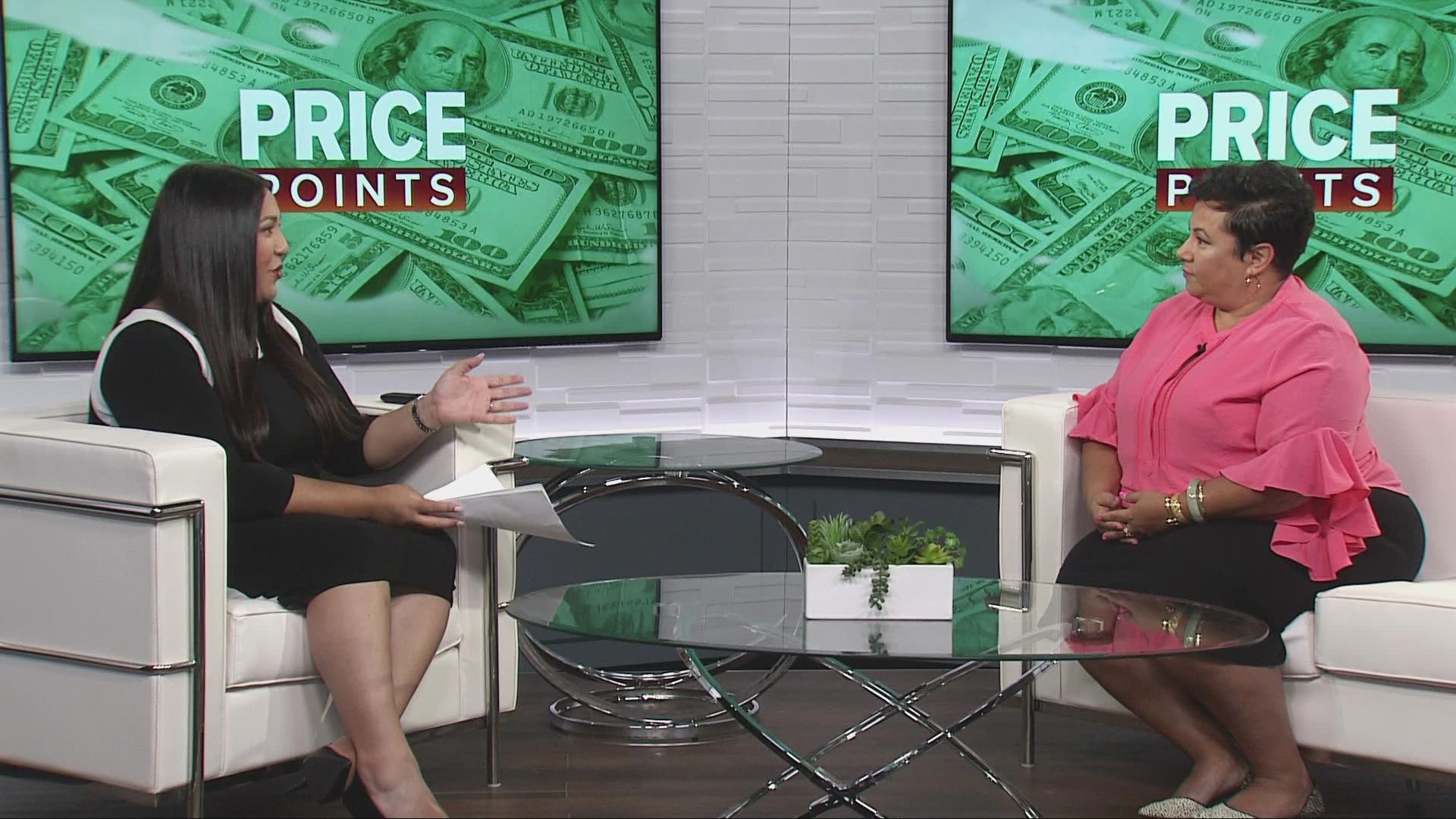SACRAMENTO, Calif. — We can't predict what the economy is going to look like in the coming months, but we can prepare for it. ABC10's To the Point host, Alex Bell, spoke with financial specialist Shayne Corriea to chat about the key phases for setting up your financial plan.
Q&A with Shayne Corriea
Alex Bell: Shayne, so good to see you again. Thank you so much for being here.
Shayne Corriea: Yeah.
Alex Bell: First question, what are the steps to creating a solid financial plan?
Shayne Corriea: Four steps. The first step is taking a look at our relationship with money. Everything from our past dictates the decisions that will make in the future, right? So budgeting savings, like what was our relationship growing up with money? At the same time, you're identifying your goals in that first phase.
Step two is risk management.
Step three is wealth accumulation.
The fourth is building that legacy. What's the distribution of all of that wealth?
Alex Bell: So let's go to how your relationship with the money plays into your financial planning. What does that mean?
Shayne Corriea: If you think about it, how you grew up, a lot of people — especially in the Latino community — everyone I talked to talks about how they didn't have these conversations with their family. They didn't talk about money in their household. So possibly some of those habits, money habits didn't translate to adulthood, right? So the way you have that relationship with money dictates how you're going to spend it or save it, how adverse you are to debt, (and) things of those nature.
Alex Bell: I want to talk about risk management because is disability a part of risk management planning?
Shayne Corriea: Yeah, absolutely. The most important part, in my opinion. So for instance, what's your number one asset? If I were to ask you, what's the number one asset that you have?
Alex Bell: I would say my house. So it would be I say the most important.
Shayne Corriea: Most people do, the most important asset you have is you. Your ability to bring home a paycheck. So for instance, if you were injured, or ill, how can you ensure that your money is still coming through the door so that you can pay your expenses? That's taking a look at disability insurance, right? How do we make sure no matter, what my paycheck is coming through the door? So a little tip, if everybody's listening, take a look at your pay stub. Look on your pay stub and see if there's a line item, LTD, long-term disability. Most employers will pay some sort of disability benefit. But usually, it's only 60% of your income. I can live off of 60% of my income. And if that line item there says that your employer is paying for that benefit, you're then taxed. So imagine if you're injured or disabled, and you're bringing home less than 60%, more like 40% of your income, how do you pay your bills? And that affects your whole financial plan, right? So that's something that's really important in risk management.



















